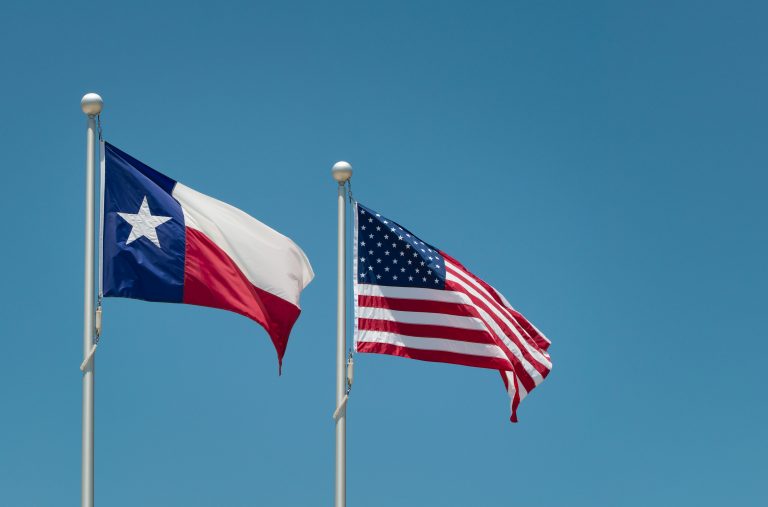Dakota Access expanding as need for energy infrastructure in the Bakken continues to grow
Bismarck Tribune recently reported that “Energy Transfer Partners has announced it is seeking commitments from shippers to transport more Bakken crude to the Gulf Coast.” According to a company spokesperson, the proposed expansion would increase the pipeline’s capacity from about 500,000 barrels per day (bpd) to 570,000 bpd. The article writes that the expansion would “require minimal asset modifications within the existing pipeline right-of-way.”
Industry expert Justin Kringstad told the Tribune that pipeline capacity can be increased by a variety of factors, including adding a chemical to the oil that makes it flow easier, or adding additional horsepower or pumping stations. Kringstad contends that North Dakota producers have benefited and saved money on shipping costs as a result of DAPL, stating:
“Every expansion at this point is going to assist in keeping the market strong in North Dakota. But long-term, it will take some substantial new investment to continue to keep North Dakota oil connected to new markets.”
Energy Transfer’s recent announcement on the Dakota Access expansion comes at a critical juncture as North Dakota’s Bakken region is currently experiencing a major comeback, as recently reported by the Wall Street Journal. Many industry experts believed the region to have reached its peak – that is – until recent spikes in crude production. The Journal writes:
Several factors account for the Bakken’s recent rise, Mr. Prudencio said. U.S. oil futures surpassing $70 a barrel have spurred more drilling across the country. Additionally, cheaper acreage and improved crude transportation have made the area more attractive than some other major shale fields.
Namely, the Dakota Access Pipeline has made it cheaper to send crude to other parts of the country. Previously, much of the oil produced was transported by rail.
The United States is facing a major pipeline shortage around the country. The need for stronger infrastructure extends from the vast oil fields of the Bakken and Permian to the small New England towns preparing for frigid winter temperatures. GAIN is hopeful regarding the proposed DAPL expansion, and looks forward to continuing the fight to Grow America’s Infrastructure Now.

